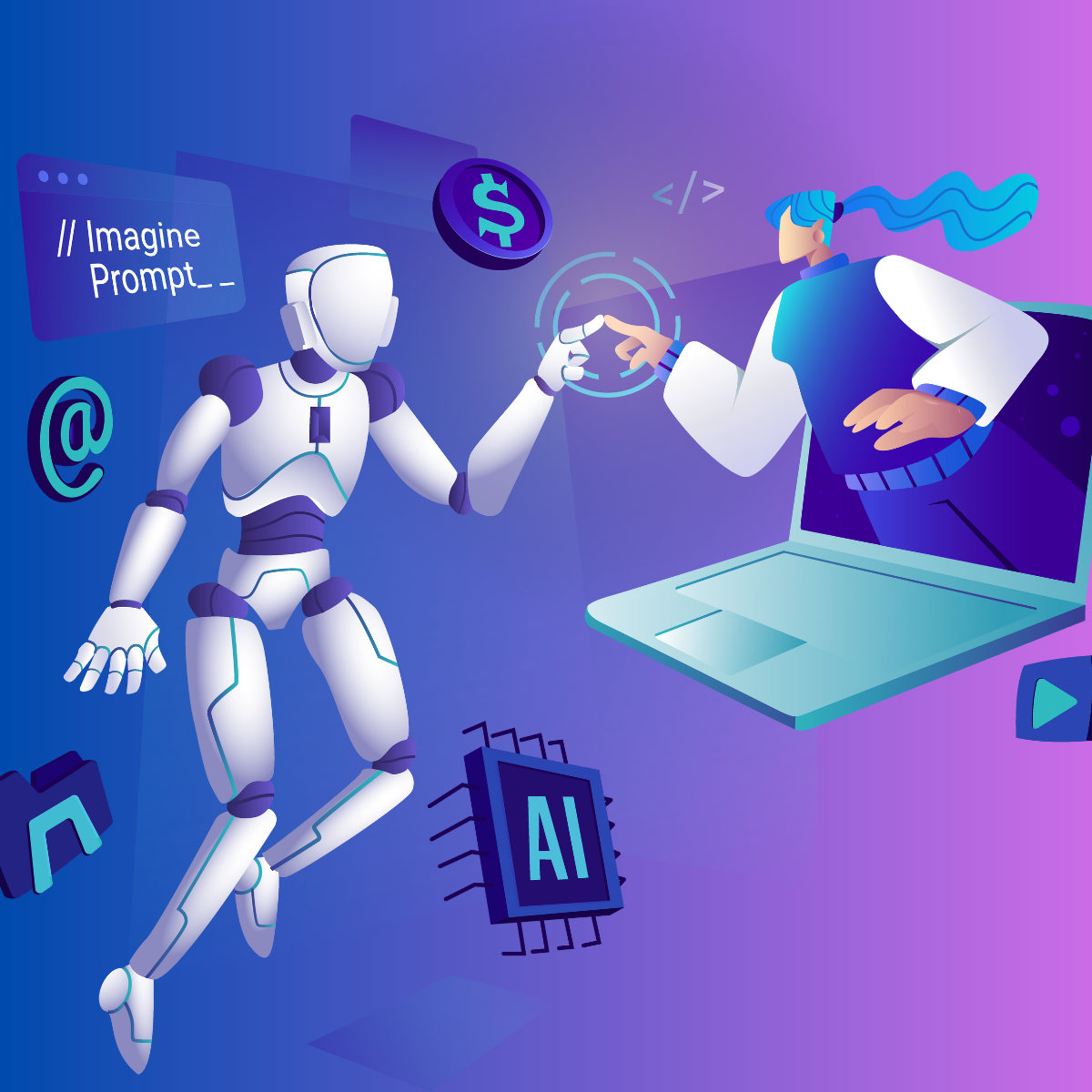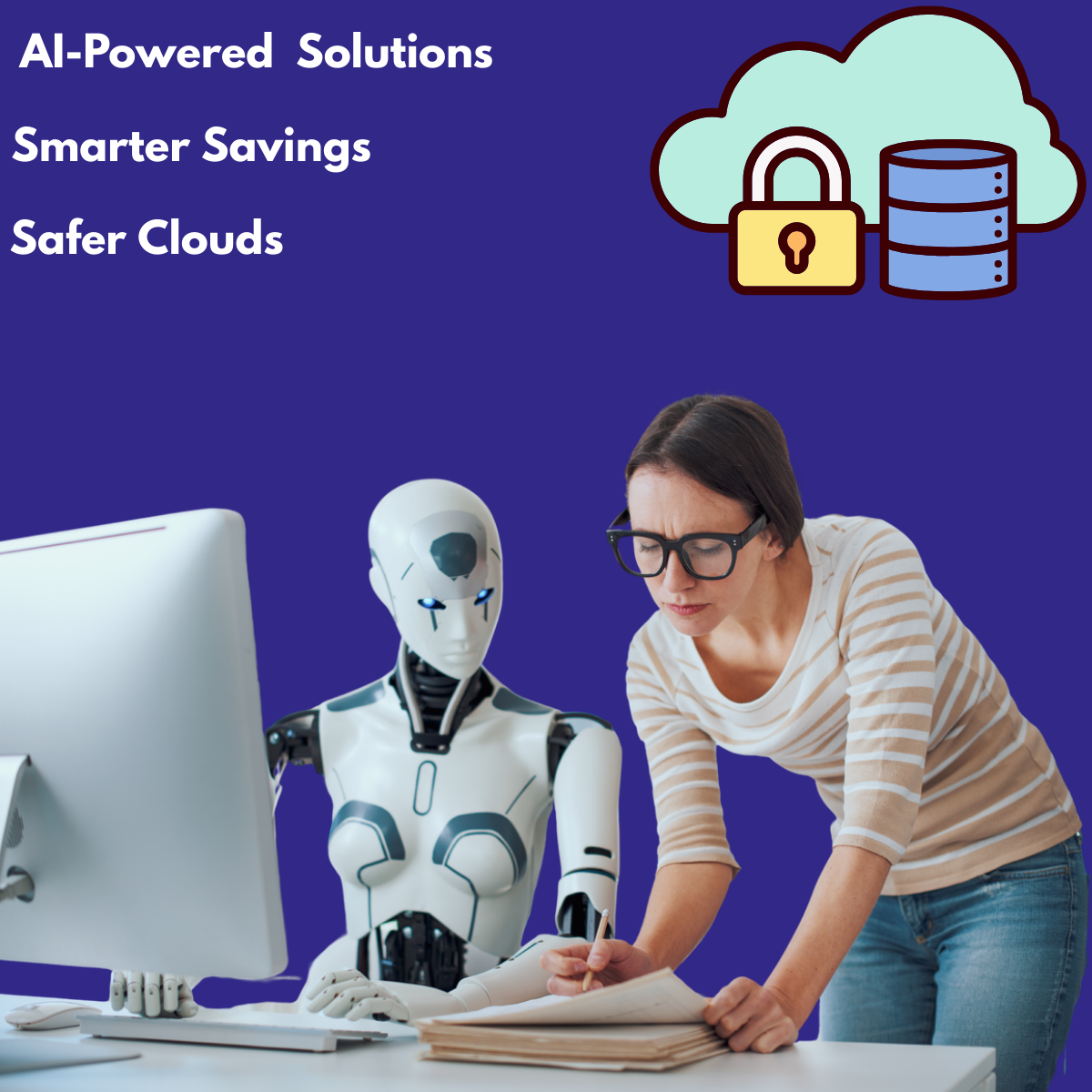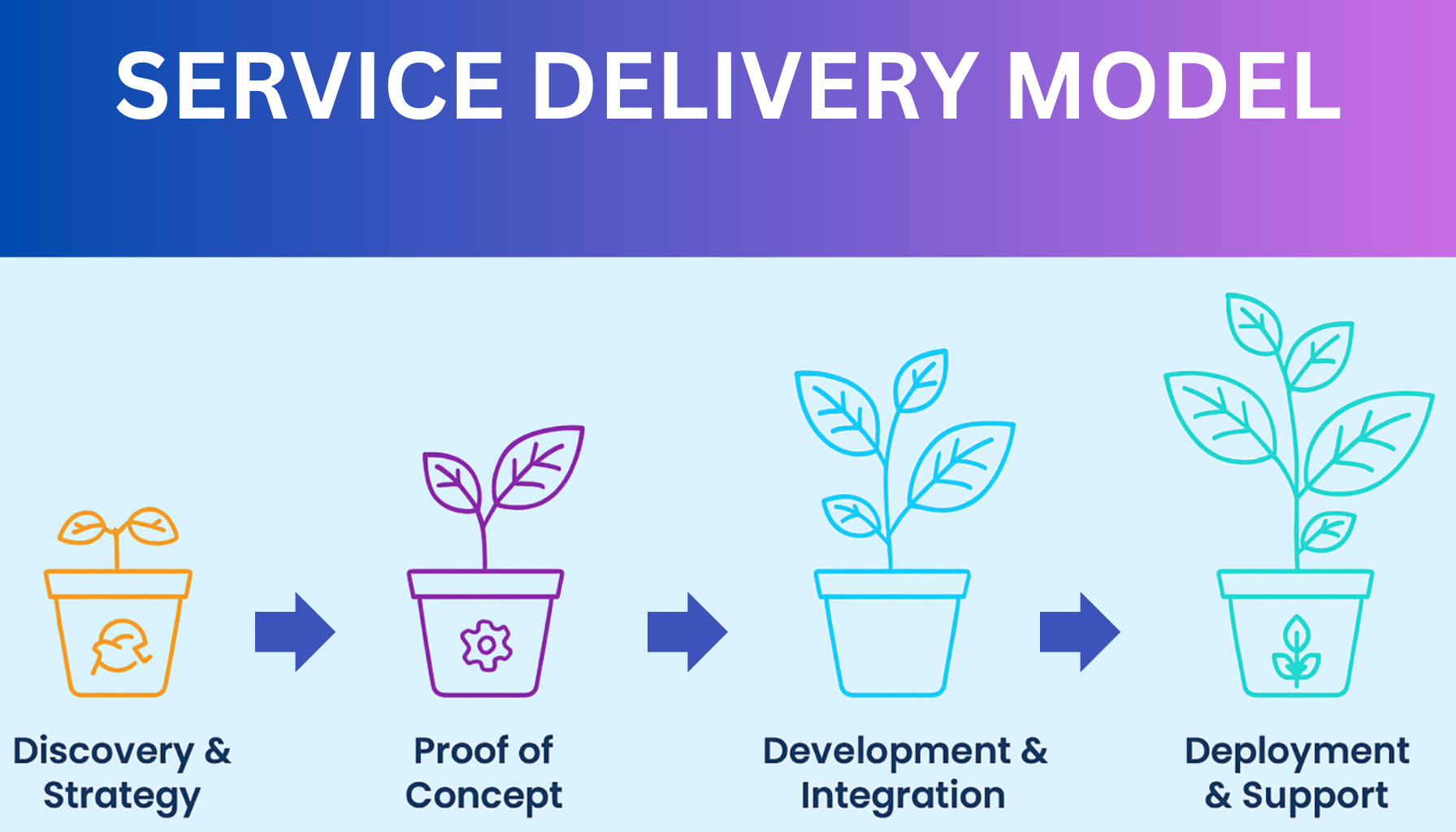
How Organizations Benefits from Using Artificial Intelligence?
-
Cost Savings
-
Reduce operational costs
-
-
Enhanced Efficiency & Productivity
-
Automation of repetitive tasks, streamlined workflows.
-
-
Improved Decision Making
-
Real-time insights, predictive analytics.
-
-
Better Customer Experiences
-
Personalization, responsiveness, intuitive interfaces.
-
-
Innovation & Competitive Advantage
-
Differentiation through innovative AI features.
-

Examples of Generative AI & SaaS Development & Their Impact on Your Business
-
Personalized recommendation apps, demand forecasting
-
Fraud detection, AI-driven financial advisory applications
-
Intelligent patient monitoring, diagnostic assistance
-
Predictive maintenance apps, quality automation
-
Personalized learning apps, automated assessment
-
Improved sales, reduced inventory cost
-
Enhanced security, optimized financial insights
-
Improved patient care, early disease detection
-
Reduced downtime, increased production quality
-
Enhanced learning outcomes, efficiency gains
AI & GenAI Projects Service Delivery Model
-
Discovery & Strategy
-
Identify client business goals, opportunities, and challenges.
-
-
Proof of Concept (PoC)
-
Rapid, focused prototypes demonstrating value.
-
-
Development & Integration
-
Agile development, iterative testing, and refinement.
-
-
Deployment & Support
-
Production deployment, ongoing model optimization, monitoring
-

FAQs - AI Development Services
-
What Generative AI & SaaS Development services does Loves Cloud offer?
We design and build end‑to‑end AI/ML solutions such as chatbots, recommendation engines, and predictive analytics, leveraging OpenAI, Azure AI, and other leading platforms.
-
What’s your team’s AI expertise?
Our engineers have many years of experience in software engineering. We’ve delivered projects for multiple clients and consultancies using GPT‑4 and Azure AI services.
-
Which industries do you serve?
We specialize in BFSI, startups, healthcare, retail, and manufacturing, where regulatory compliance, data sensitivity, and complex workflows demand robust, secure AI solutions.
-
What’s your development process?
We follow a proven Agile‑based lifecycle: discovery & scoping → PoC/MVP → iterative development → rigorous QA & security testing → deployment → ongoing optimization.
-
Which technologies and frameworks do you use?
We work with Python, DotNet, RAG libraries, vector DBs (Pinecone/Azure AI Search), Azure OpenAI Service, Docker/Kubernetes, and CI/CD pipelines for scalable, maintainable code.
-
How do you ensure data security and compliance?
We implement end‑to‑end encryption, role‑based access, secure data pipelines, and adhere to your internal governance policies.
-
What’s the typical project timeline and pricing?
A small PoC: 6–8 weeks. A full production rollout: 12–20 weeks. We offer fixed‑price engagements, time & materials, or outcome‑based models—whichever aligns best with your risk profile.
-
How do you measure success and ROI?
We define KPIs up front (accuracy, latency, cost savings, user adoption) and deliver monthly dashboards showing performance against targets, plus business impact reports.
-
Can you integrate your AI solutions with our existing systems?
Absolutely, our modular APIs and microservices approach let us seamlessly plug into your CRM, ERP, data warehouse, or custom applications with minimal disruption.
-
What support and knowledge transfer do you provide?
We include 1–3 months of post‑launch support, performance tuning, and virtual training sessions to empower your team to own, operate, and extend the solution.


